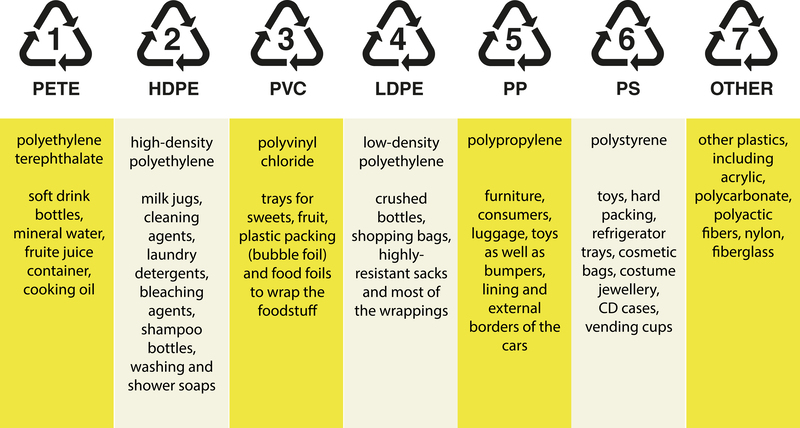Why Fly-Tipping Matters to Everyone
Posted on 12/02/2025
Fly-tipping, the illegal act of dumping waste in unpermitted locations, is a growing concern that affects communities, the environment, and the economy. Though often perceived as a minor nuisance, the repercussions of fly-tipping are far-reaching. This article explores why fly-tipping matters to everyone and what can be done to tackle this pressing issue.
The Environmental Impact of Fly-Tipping
One of the most significant issues associated with fly-tipping is its environmental impact. The illegal disposal of waste can lead to pollution of land, water, and air. For instance, hazardous chemicals found in industrial waste can seep into the soil and contaminate water bodies, posing risks to ecosystems and human health. Additionally, the accumulation of rubbish can attract pests and rodents, further degrading the natural environment.

Public Health Concerns
Fly-tipping not only damages the environment but also poses serious public health risks. Piles of waste can become breeding grounds for harmful bacteria and viruses, leading to an increase in diseases. The presence of sharps and hazardous materials also puts people, especially children and pets, at risk of injury. Therefore, tackling fly-tipping is crucial for safeguarding public health.
The Economic Cost of Fly-Tipping
The economic ramifications of fly-tipping are often underestimated. Local authorities spend millions of dollars annually to clean up illegally dumped waste. These funds could be better allocated to improve community services, infrastructure, and public welfare. Additionally, areas plagued by fly-tipping can experience a decline in property values, affecting homeowners and businesses alike.
Legal Consequences
Fly-tipping is illegal and can result in severe penalties, including hefty fines and imprisonment. Law enforcement agencies and local councils are increasingly employing measures to catch and prosecute offenders. These actions serve as a deterrent, but public cooperation is essential for the long-term eradication of fly-tipping.
Community Well-being
A cleaner, waste-free environment enhances the quality of life for all residents. The sight of fly-tipped waste can mar landscapes, reduce the aesthetic value of neighborhoods, and diminish communal pride. Communities with lower levels of fly-tipping are generally perceived as safer and more welcoming, fostering a stronger sense of well-being among inhabitants.
Preventive Measures and Tips
Combating fly-tipping requires a collective effort from individuals, communities, and authorities. Here are some effective measures:
- Proper Disposal: Use proper waste disposal facilities and services available in your area.
- Community Cleanup Events: Participate in or organize community clean-up drives to keep your locality neat.
- Report Incidents: If you witness fly-tipping, report it to local authorities immediately.
- Education and Awareness: Educate others about the environmental and legal consequences of fly-tipping.
- Secure Your Waste: Ensure that waste in your home or business is stored and disposed of responsibly.
Pros and Cons
| Pros | Cons |
|---|---|
| Reduces environmental pollution | Requires resources for enforcement |
| Enhances public health and safety | May involve public cooperation challenges |
| Boosts property values and community pride | Initial costs for educational campaigns |

Takeaways
- Fly-tipping severely impacts the environment, public health, and the economy.
- Proper waste management practices are essential for preventing fly-tipping.
- Community involvement and cooperation with authorities can significantly reduce fly-tipping incidents.
- While tackling fly-tipping requires investment, the long-term benefits far outweigh the initial costs.
Conclusion
Fly-tipping is a pervasive issue that affects everyone. From environmental degradation to public health risks and economic costs, the consequences of illegal waste dumping are far-reaching. By understanding these impacts and taking proactive measures, we can combat fly-tipping effectively. The benefits of a cleaner, safer, and more aesthetically pleasing environment make it imperative for all stakeholders to work together to address this pressing issue.
In summary, fly-tipping matters to everyone, and it is our collective responsibility to eliminate this harmful practice for the betterment of our communities and the environment.
Latest Posts
Eco-Friendly Home Organization
Dispose with Care: Responsible Strategies for Removing Waste
Sustainable Solutions for Commercial Waste
Sustainable Solutions: A Closer Look at London's Waste Reduction Efforts

 020 3744 5712
020 3744 5712










